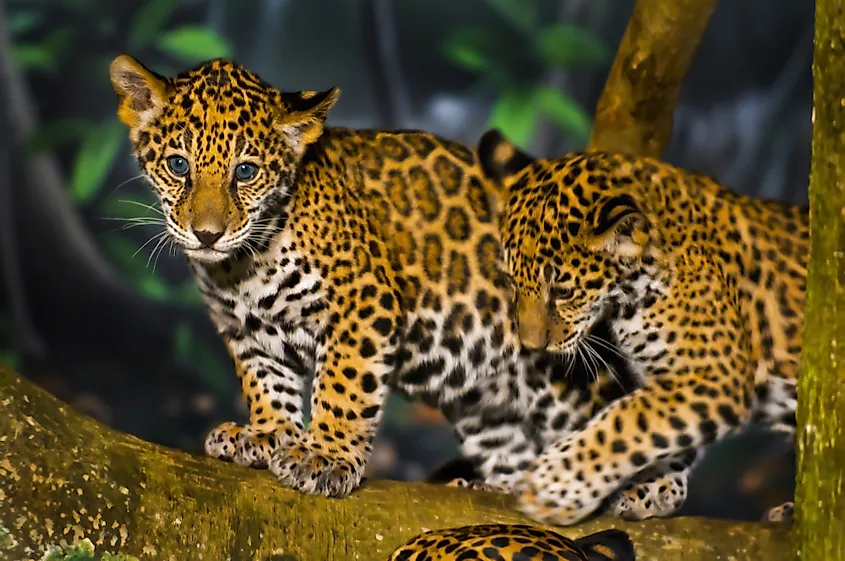
Binai · 1 year ago
The Way Out
The rapid loss of the Amazon rainforest concerns the world, but the latest facts and figures are not encouraging. Implementing sound conservation strategies to protect the Amazon's umbrella species, the jaguars could be one of the ways to bring about positive change. Panthera scientists suggest strict monitoring of the rainforest's jaguar population and costly conservation interventions in areas with the greatest number of jaguars. They also recommend creating more protected areas, reducing meat consumption, promoting beef and wood certification, and improving cattle production.